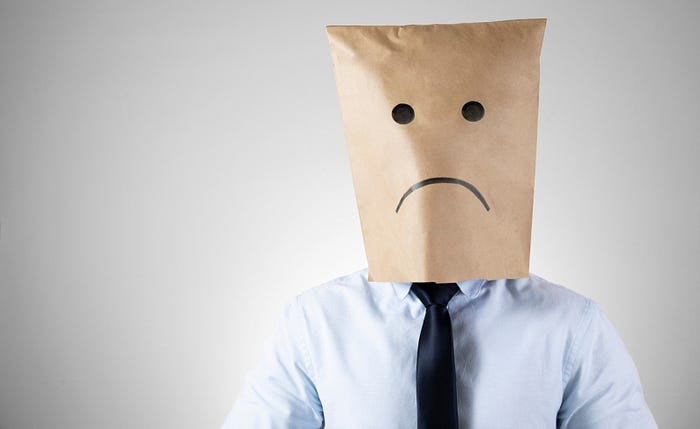Understanding the 'Men Suck' Narrative: A Deeper Look
Written on
Chapter 1: The Origins of the 'Men Suck' Narrative
It's clear that many of us recognize that the assertion "men suck" is overly simplistic. While we may not believe it, this narrative has gained traction and is causing confusion among many. Let's delve deeper into its origins.
Section 1.1: Historical Context
The perception that men are inherently problematic didn't emerge overnight. This issue has roots that extend far back in history. The "men suck" notion is tied to the historical abuse of power by men, which has fostered resentment and sparked protests throughout the years.
Subsection 1.1.1: The Impact of the #MeToo Movement
The #MeToo movement, which began in 2006, revealed the extent of sexual harassment and assault across various industries, shining a light on the misdeeds of powerful men. This overdue scrutiny has contributed to a critical lens on male behavior, particularly regarding the objectification of women.

Section 1.2: The Role of Media and Literature
Books, films, and TV shows have increasingly portrayed men in a negative light. Works like "The Handmaid's Tale" have opened discussions on misogyny and toxic masculinity, bringing these subjects to the forefront of public discourse, though not everyone is prepared to engage with them.
Chapter 2: The Concept of Toxic Masculinity
The term "toxic masculinity," which gained traction in the 2010s, refers to harmful cultural norms that restrict how masculinity is defined. This includes emotional suppression and aggression as measures of strength. As Michael Carley notes, both women and children are often victims of this toxicity, but men also suffer as it stunts their emotional and intellectual development.
The video titled "McNally Jackson Presents: Nick Flynn & Jacqueline Woodson" discusses themes around masculinity, identity, and the challenges men face today.
Section 2.1: The Influence of Social Media
Social media has become a double-edged sword; while it offers platforms for constructive dialogue, it also amplifies negative sentiments. Hashtags and online forums have fueled the "men suck" narrative, further entrenching these stereotypes.
Section 2.2: High-Profile Cases and Their Consequences
Notable cases of misconduct involving men have reinforced negative stereotypes and the perception that men, particularly those in positions of authority, engage in harmful behavior. While these concerns are valid, it’s essential to approach the conversation without demonizing all men.
Chapter 3: Moving Beyond Stereotypes
It’s important to recognize that not all men fit the negative mold. Many individuals exhibit kindness and respect, contributing positively to their communities. Unfortunately, these stories often go unnoticed.
Section 3.1: Challenging Negative Perceptions
To counter the "men suck" stereotype, we must actively reject the idea that being male automatically makes one a jerk. Instead, we should focus on the positive contributions of men who treat others with decency and respect.
Section 3.2: Actionable Steps for Positive Change
- Listen: Engage with women's experiences; understanding their perspectives is vital.
- Speak Up: If you witness poor behavior, call it out with empathy.
- Stay Authentic: Don't let fear of judgment change who you are.
- Find Humor: Laughter can strengthen relationships and make life enjoyable.
- Support Equality: Advocate for initiatives that promote gender equality.
The Conclusion: Embracing a Balanced Perspective
While the "men suck" narrative can be frustrating, it’s crucial to remember that the world is not as black and white as it may seem. Most people value kindness and genuine effort, and they recognize that not all men fall into this stereotype. By supporting one another and focusing on positive actions, we can shift the conversation toward a more inclusive understanding of masculinity.
Read more from The Good Men Project on Medium:
The story was written by Dr. Kurt Smith, Clinical Director and an expert in men's issues. He frequently shares insights on relationships and masculinity and enjoys connecting with those looking to improve their lives and relationships.